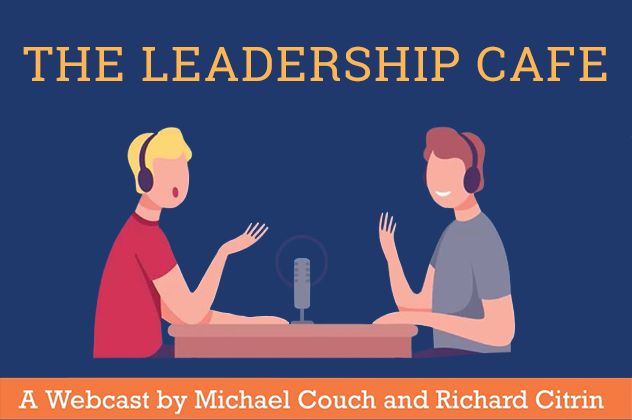It’s a myth that we only use 10% of our brain power but over 65% of people believe we that we have much more intelligence to use. Functional MRI studies indicate, however, that our brains are active, even when we are resting or sleeping. Even though we may be using a great deal of our brain’s capacity, that does not mean we are using all its capability.
So, it is with our emotional intelligence. We know we have feelings, many of which give us some great information (we sometimes call it intuition) and yet we often fail to use that information fully. I had the opportunity to explore that topic with a leadership team when we got together for a day to discuss Emotional Intelligence (EI). It was an amazing day.
Daniel Goleman, who coined the term defines EI as
The ability to be aware of, control, and express one’s emotions, and to address interpersonal relationships empathetically and effectively.”
In my meeting with this team, our discussion led us to see that people are at different places with their own EI. Some are just developing and understanding their own emotional responses and why it is important. Others are working on responding effectively to challenging situations. Others use their EI like a superpower to better understand how they can understand others better and work to be more influential, which is a key part of their work.
We also noted that EI is a protective mechanism particularly in strengthening our resilience. On one side, understanding your emotional response to a situation gives us the power to determine what and how much we want to share with others. Remember, that you don’t have to tell people everything you know, just what they need to know to know that will help them succeed.
On the other side, responding to people empathetically means they are more open to share with their true thoughts and feelings. That translates into our being able to connect at a meaningful level that speeds up genuine connection that builds trust, confidence and safety in our work.
There are many tools that support us in building our resilience. At the top of the list, however, has to be one that helps us understand ourselves and each other better. Like resilience, emotional intelligence is hardwired into our being. Tapping into it, using it, and learning from it is a step that requires intentional action.
If you want your team to speed up their trust level, open communication lines, and determine the best way for them to be a team, lets talk about it. It will make a difference to their success, engagement and commitment.
© Richard Citrin 2022
